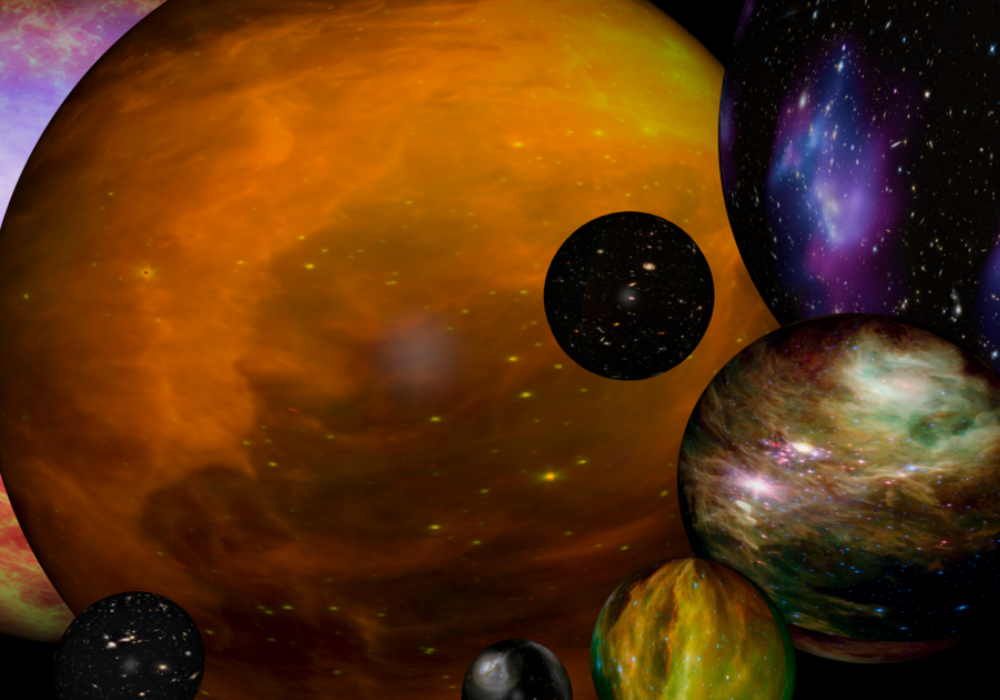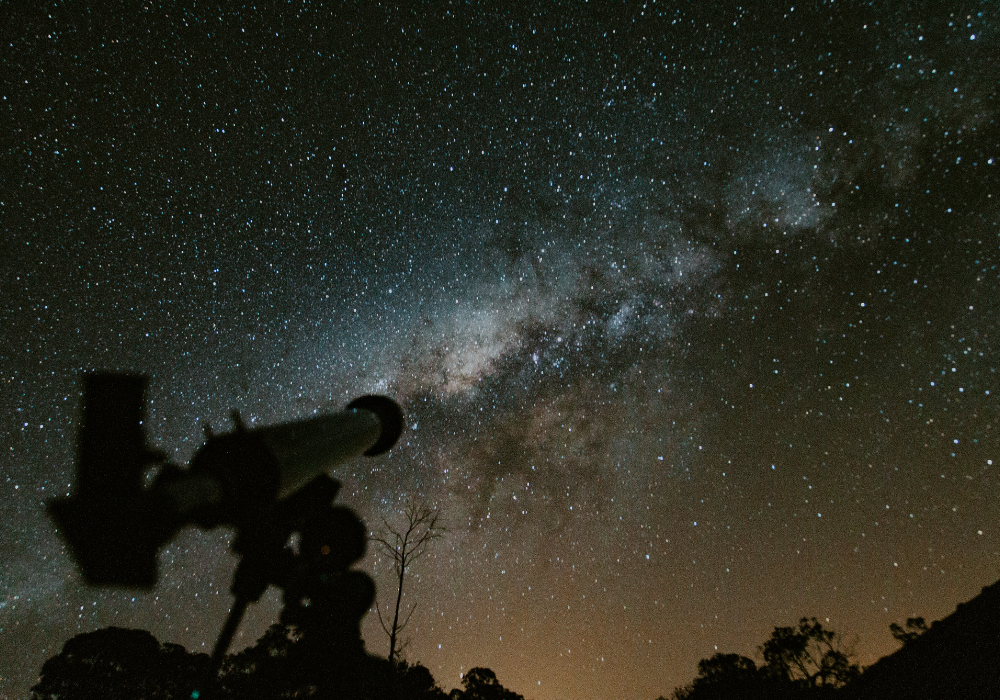New theories suggest hidden universes may explain why life is even possible.

What if the universe we live in isn’t the only one? Some physicists argue that countless hidden universes may exist, and that without them, life as we know it might never have happened. The “multiverse theory” has been debated for decades, but recent work by physicist Brian Greene suggests it could explain why our universe seems so perfectly tuned for life. It’s a mind-bending idea that pushes science to its limits—and raises unsettling questions about whether our very existence is just one cosmic accident among many.
1. Why Scientists Even Consider the Multiverse

The universe appears “fine-tuned” for life—tiny changes in physical laws would make existence impossible. That mystery has led some scientists to wonder whether multiple universes exist, each with different rules.
In this view, we happen to live in one where the conditions are just right. Physicists like Brian Greene argue that the multiverse theory may offer the simplest explanation for why life can exist at all. Without other universes, the odds of our survival seem almost impossibly small.
2. The Role of Cosmic Inflation in the Theory

Cosmic inflation describes how the universe expanded rapidly after the Big Bang. Some models suggest inflation didn’t just create our universe but may have spawned countless others at the same time.
If true, these “bubble universes” could exist alongside ours, each following its own rules of physics. This idea gives the multiverse a scientific foundation rather than leaving it as pure speculation, linking our existence to processes set in motion billions of years ago.
3. Parallel Universes and Different Realities

One version of the theory suggests parallel universes—worlds similar to ours but with key differences—may exist. In some, gravity could be weaker, stars might never form, or life may evolve in unimaginable ways.
This concept fascinates both scientists and science fiction fans. If parallel universes are real, our existence may be one outcome among infinite possibilities. The fact that we live in a universe where life thrives may simply be a lucky accident of cosmic variation.
4. The Mystery of Fine-Tuned Physics

The laws of physics seem uncannily precise for supporting life. Constants like the speed of light, gravitational strength, and nuclear forces sit within narrow ranges. Even tiny changes could make life impossible.
The multiverse theory suggests this isn’t coincidence. Instead, countless universes exist with different laws, and we inhabit one of the rare ones that allow stars, planets, and eventually humans. This explanation removes the need for “miraculous” fine-tuning and reframes our existence as one outcome among many cosmic experiments.
5. Evidence Hidden in Cosmic Background Radiation

Scientists often study the cosmic microwave background—the afterglow of the Big Bang—for clues about the universe’s origins. Some believe patterns in this faint radiation could hint at interactions with other universes.
While no definitive proof exists, unexplained anomalies have sparked debate. If traces of another universe are embedded in this radiation, it could become the first observational evidence that we’re not alone in the cosmic landscape. For now, the search continues with increasingly sensitive instruments.
6. Quantum Mechanics and Infinite Possibilities

Quantum physics suggests that particles can exist in multiple states until observed. Some interpretations argue these states may actually branch into separate universes every time a choice is made.
If true, reality constantly splits into infinite possibilities, creating countless parallel versions of ourselves. While the idea is unsettling, it also provides a radical explanation for why we exist—because in at least one universe, the conditions lined up perfectly for life to emerge.
7. Black Holes as Gateways to Other Universes

Some physicists propose that black holes may serve as bridges to other universes. Matter collapsing into a black hole in one universe could trigger the birth of another with its own laws of physics.
If accurate, this would mean new universes are continually forming, making ours just one in an endless chain. The multiverse would then become not just a theory but a process woven into the very structure of existence itself.
8. Why the Multiverse Explains Our Luck

The fact that humans exist at all can seem improbable given the fragile balance of physical laws. The multiverse provides a way to explain this “cosmic luck” without resorting to chance or design.
If infinite universes exist, then some must allow life while most do not. We simply happen to live in one of the few that does. This perspective reshapes our understanding of existence, making survival feel less miraculous and more like an inevitable outcome of probability.
9. The Controversy Among Scientists

Not all scientists embrace the multiverse. Critics argue it’s impossible to test, making it more philosophy than physics. Without direct evidence, many see it as speculation that risks distracting from proven science.
Still, supporters believe the theory offers the best framework for explaining why life exists at all. The debate continues to divide experts, with some insisting the multiverse could one day be proven, while others say it will always remain beyond reach.
10. What the Multiverse Means for Human Identity

If countless universes exist, each with variations of reality, then versions of “us” could exist elsewhere. In one, you might live a different life entirely. In another, you might not exist at all.
This unsettling thought forces us to reconsider identity and uniqueness. If the multiverse is real, our lives may not be singular events but one thread among infinite variations. For many, this makes existence both more humbling and more mysterious.
11. How Pop Culture Fuels the Fascination

Movies, books, and television shows have embraced the multiverse idea, making it part of popular imagination. From comic book heroes to science fiction epics, alternate universes fuel creativity and curiosity.
This cultural fascination keeps the theory in the public eye. While scientists debate its reality, pop culture makes the multiverse accessible, helping people grapple with concepts that are otherwise deeply abstract and technical.
12. The Future of Multiverse Research

The next generation of telescopes and experiments may offer clues that bring the multiverse closer to science than speculation. Researchers are focusing on cosmic background radiation, gravitational waves, and black hole studies.
While proof remains elusive, even small anomalies could tip the balance of the debate. For now, the multiverse remains one of the most daring ideas in science—one that could completely rewrite our understanding of why we exist at all.
